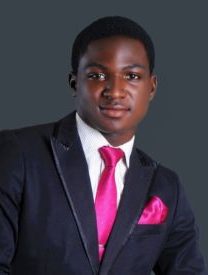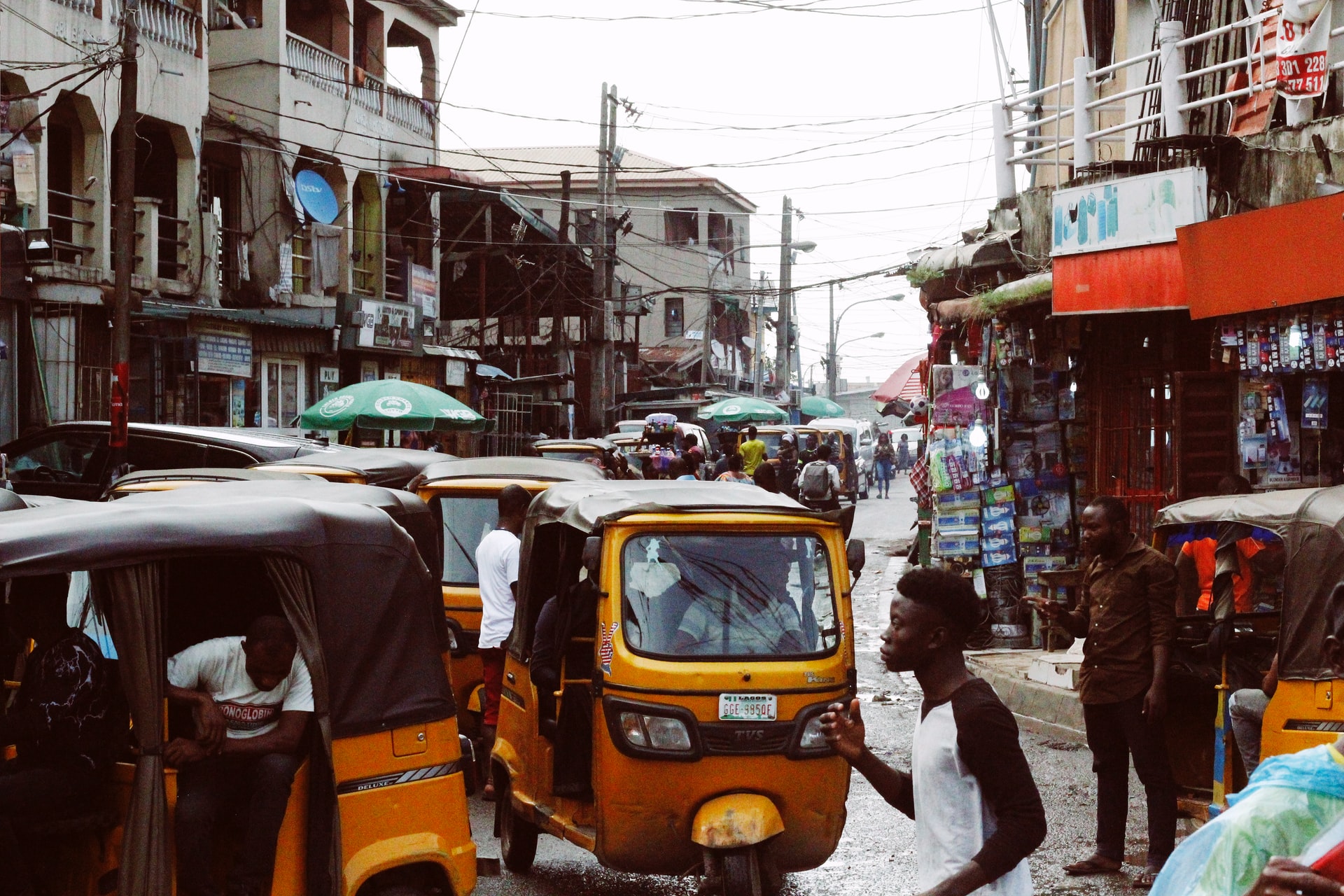My first attempt at completing the Sustainable Cities course was in September 2019, when the course first launched. Coincidentally, that was the beginning of my final semester of a Master’s program in Architecture at Obafemi Awolowo University in Ile-Ife, Nigeria. I was desperately in search of resources and materials that would add value to myself and the project I was working on. However, some personal challenges prevented me from completing the course at the time.
Upon completing my Master’s program in early 2020, coupled with the lockdown measures enforced during the pandemic, I had more time to myself and was able to resume the course. Each chapter was as essential as the course in its entirety. Though the course seeks to address a global challenge, I was more than impressed by the diversity and extent to which case studies were drawn from various regions—even, surprisingly, the city of Lagos, where I currently reside. The concept of cities being systems of systems, as discussed by lead faculty Dr. Aromar Revi, allowed me to conceive of cities in a much broader sense than mere densely packed regions. The course enlightened my consciousness about recognizing the role of interplay between law, politics, and governance in the urban scene, highlighting their respective importance.
Upon completing the course, I was motivated to share and recommend it to my colleagues and networks across various platforms. Following a post on LinkedIn, I received messages from many friends who were interested in the course. One such friend was Kolade, a senior colleague who is currently studying for his Master’s of Urban Design at the University of Lagos. In chatting with me about the course, he told me about his current project, which is centered around urban renewal for the Mushin local government area in Lagos—home to over 500,000 people. Though he was too busy to complete the course himself, I was able to give him a comprehensive review of the content to assist him in providing solutions to the problems he was working to solve, and I recommended specific parts of the course for him to examine on his own time.
Thanks to my existing knowledge of the built environment and some exposure to urban design (which the course has helped globalize), we both had brief but thought provoking discussions around the nature of the problems in the Mushin district and Lagos in general. Together, Kolade and I determined that the problems associated within these urban spaces cannot be solved through any algorithm, as they are rather complex and interdependent. Most require careful observation and a heuristic approach to problem-solving. Being a densely packed region, overpopulated and with extremely stressed infrastructure, questioning the “drive” in population growth in the area is essential. As far back as 2016, Lagos has been recording an alarming 123,840 daily immigrants. As Lagos remains the most developed commercial region in Nigeria, the development of many other parts of the country has been relatively decoupled.
As Dr. Revi highlights in the course, one of the critical problems associated with Lagos is the influx of e-waste into the city. Mushin is renowned for its automobile spare part market, the largest in Nigeria and arguably in West Africa. Popularly referred to as “Ladipo Street,” this market is associated with tonnes of e-waste, majorly from automobiles. Meanwhile, the Lagos Waste Management Authority has a limited capacity in the source separation and entire management of this category of waste, thereby posing a grave environmental concern. Over the last decade, the state government has intensified its efforts to reform the market. In March 2020, the market faced the threat of shutdown over poor drainage conditions amid fears of increased rainfall.
Kolade continues to work on his urban renewal project for the district, and I believe the course—through my little contribution—has equipped him with the perspectives that will help in delivering a sustainable city in the end, one district at a time, as he begins to study Mushin.

As a sustainability enthusiast, I have been actively engaged in promoting sustainability within the confines of the built environment at the scale of individual and groups of buildings. Currently, I work with Litedares, a green building consultancy firm. I am training as a sustainability consultant to work alongside other professionals, helping them to make environmentally-conscious decisions and raise the value of building projects by enrolling them for third-party certifications such as LEED®, EDGE™, and WELL™. The Sustainable Cities course was a memorable learning experience for me, and I still yearn to learn more from the wealth of knowledge the SDG Academy offers. I recently enrolled for their course on Climate Change: The Science and Global Impact.

Jacob Adeyemi, 23, is from Nigeria. He is currently a sustainability consultant and LEED® resource at Litedares, a Lagos-based consulting firm that specializes in green building and sustainable design. He obtained B.Sc and M.Sc degrees in Architecture from the Obafemi Awolowo University, Ile-Ife. As a young professional in the industry, he is very passionate about the environment and promoting “greener” buildings. He enjoys learning on edX as part of his continuing education engagement. He also has keen interest in the energy sector and is currently enrolled in an online Sustainable Energy MicroMasters® from the University of Queensland, Australia.
